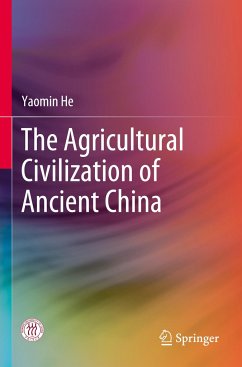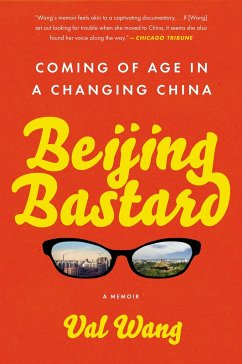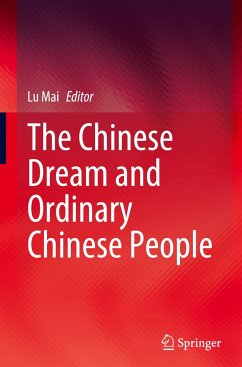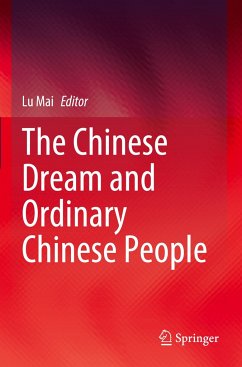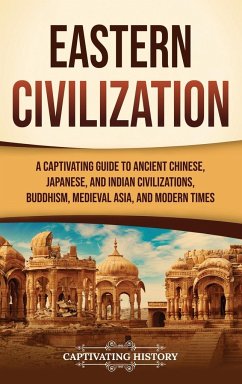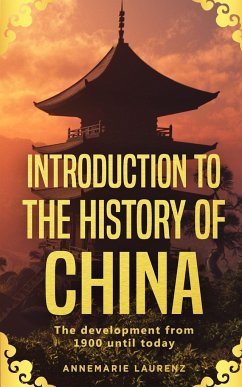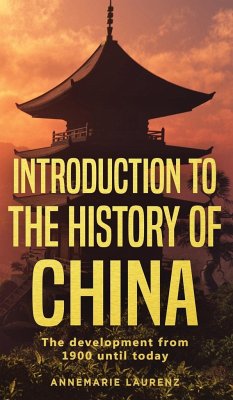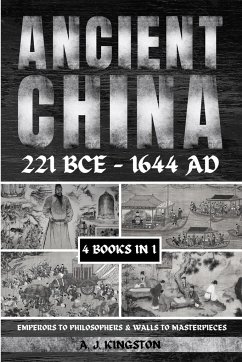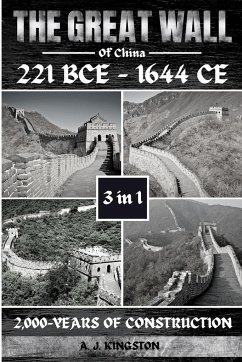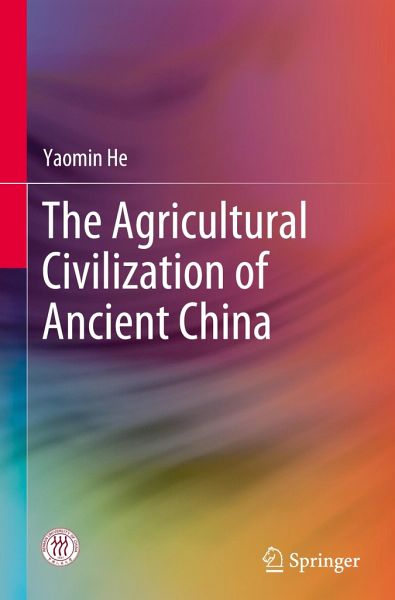
The Agricultural Civilization of Ancient China
Versandkostenfrei!
Versandfertig in 1-2 Wochen
139,09 €
inkl. MwSt.
Weitere Ausgaben:

PAYBACK Punkte
0 °P sammeln!
This book provides a systematic account of the development of agriculture and agricultural civilization in ancient China. It mainly discusses the birth of traditional agriculture, the characteristics and advantages of traditional agricultural economy, traditional agricultural knowledge and technology system, flexible land relations and ownership structure, extensive irrigation system and water conservancy projects, complete policies and measures to emphasize agriculture, the three agricultural expansion processes, the value pursuit of revering agriculture, and the plight and decline of traditi...
This book provides a systematic account of the development of agriculture and agricultural civilization in ancient China. It mainly discusses the birth of traditional agriculture, the characteristics and advantages of traditional agricultural economy, traditional agricultural knowledge and technology system, flexible land relations and ownership structure, extensive irrigation system and water conservancy projects, complete policies and measures to emphasize agriculture, the three agricultural expansion processes, the value pursuit of revering agriculture, and the plight and decline of traditional agriculture.





